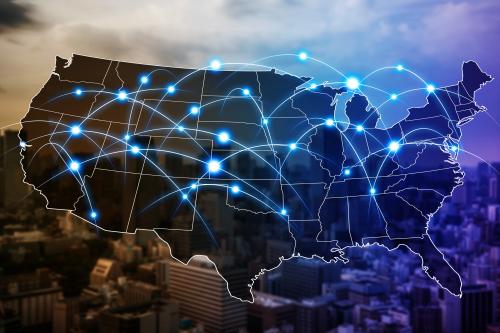The U.S. unemployment rate is now over 14%, according to the April jobs report, the highest it’s been since the Great Depression. Brookings Senior Fellow Gary Burtless explains what’s different this time around, from the unprecedented rapidity of job losses to the economic support for people who have lost their jobs, and why that relief is critical to avoiding the long, drawn-out suffering of the Great Depression.
Related reading:
- Incomes have crashed. How much has unemployment insurance helped?
- Debunking myths about COVID-19 relief’s ‘unemployment insurance on steroids’
- Making sense of the monthly jobs report during the COVID-19 pandemic
Listen to Brookings podcasts here, on Apple or on Google podcasts, send email feedback to [email protected], and follow us at @policypodcasts on Twitter.
Thanks to audio producer Gaston Reboredo, Chris McKenna, Fred Dews, Marie Wilken, and Camilo Ramirez for their support.
The Current is part of the Brookings Podcast Network.





Commentary
PodcastHow does COVID-19 unemployment compare to the Great Depression?
May 13, 2020